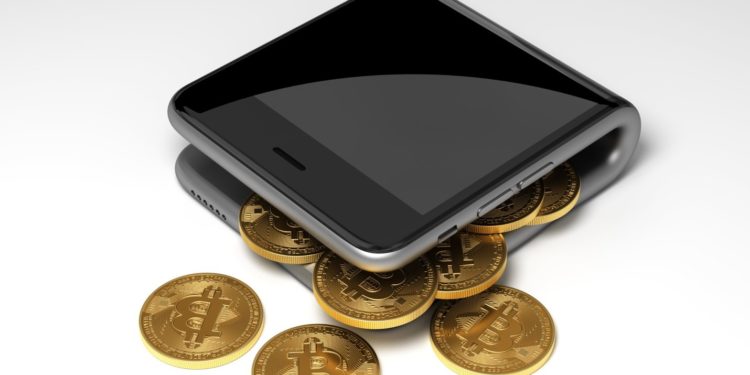Before you start trading in Bitcoin or any other cryptocurrency, it’s essential to make sure you have the right tools available so you can effectively make a profit. For example, before you even start looking at the markets, can you be sure you know the ins and outs of crypto wallets?
Without a cryptocurrency wallet, there’s no way for you to access your money. It’s why so many people head to services such as AskTraders to learn more about the best Bitcoin wallet UK investors can make use of. But aside from which wallet is the best overall, how does a crypto wallet system actually work in practice?
What are crypto wallets?
For all intents and purposes, crypto wallets are apps or programs that allow you to access specific cryptocurrencies, such as Bitcoin or Ethereum, that you may hold via blockchain. However, while a normal wallet — or even an e-wallet such as those provided by PayPal or Neteller — gives you instant access to actual money, crypto wallets provide you with unique ‘keys’ through which you can access your cryptocurrency.
These keys are important! Whether online or held via hardware such as a secure, removable USB, if you lose them, you lose access to all your crypto. Many people choose trusted online wallet providers they can easily log into and access across various devices.
The best news is that these wallets are never too tricky to use. Crypto wallet apps have grown incredibly intuitive over the years, meaning anyone with access to a smartphone or a tablet can easily set one up and start managing their money.
Before you do, however, it’s worth remembering there are two main types of cryptocurrency wallets out there.
Custodial vs non-custodial crypto wallets
Cryptocurrency wallets have two flavours — custodial, and non-custodial. Knowing the difference may impact how you invest your money!
Custodial wallets are those that are controlled by third parties you give authority to manage your crypto keys. This means that while you don’t have full control over the blockchain entity, you can instruct your wallet provider to send or receive funds whenever you wish.
Non-custodial wallets, meanwhile, really do break down all the barriers. Blockchain and crypto wallets without custodial oversight give you the keys to the kingdom — quite literally. You can use your crypto however you wish, but this does mean you have authority over your wallet keys, and what happens to them.
What’s best for me?
Whether you’re a solopreneur or sole trader, or are simply looking to invest in crypto as a side hustle, it makes sense to get to know your crypto wallet types a little better. While it’s great to have as much control as possible, are you entirely comfortable keeping hold of your digital keys? Beyond this, don’t forget that many wallets will hold more than just BTC and ETH. Take a good look around and dabble in a variety of coins!


![7 Best POS Software in the UK [2026 Edition]](https://todaynews.co.uk/wp-content/uploads/2026/02/7-Best-POS-Software-in-the-UK-2026-Edition-360x180.png)




























































![How Low is Bitcoin Expected to Drop? [Experts Predict]](https://todaynews.co.uk/wp-content/uploads/2022/06/bitcoin-1-75x75.jpg)













